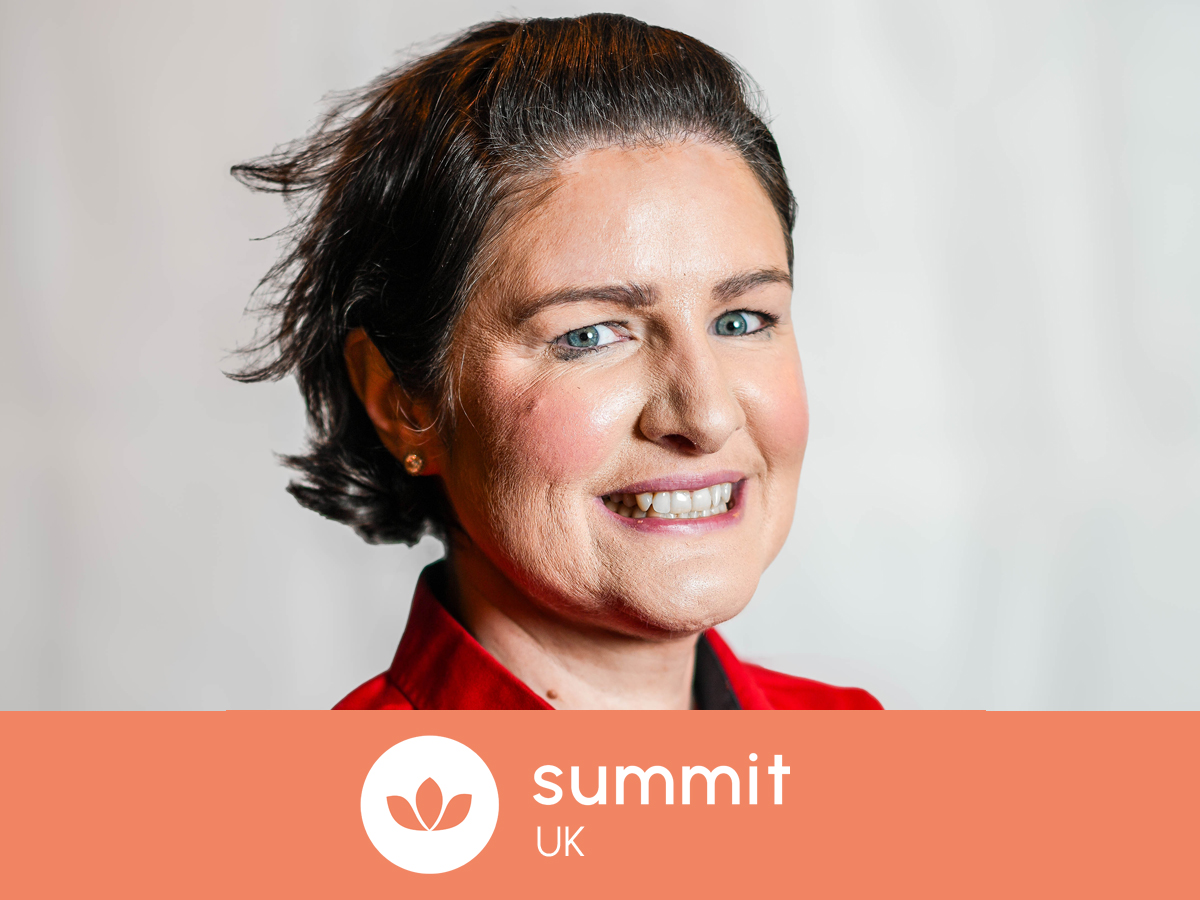
Janet Thompson Jackson founded Well-Law to help transform the wellness culture within law schools and in the legal profession. Well-Law combines online resources (including the recently launched Well-Law App) with live coaching and other tools to support all aspects of wellbeing — mental, emotional, relational, material, and physical. The Well-Law app is specifically designed to assist law students and legal professionals in integrating wellbeing habits into their daily routines so they can manage the stresses inherent in the legal field and thrive. Well-Law is a project of Paraplu Wellness, LLC.Close
We are delighted that Janet will be speaking in Toronto this October as part of our Wellbeing at Work Summit Canada. We caught up with her to find out how she’s feeling in the run up to the summit.
Hi Janet, we are thrilled you will be speaking at our Wellbeing at Work Summit Canada in October. Our first and most important question is, how are you doing today?
Like many people, my first instinct is to say, “I’m doing great” or at least “I’m doing well.” But truthfully, I’ve been struggling with my energy levels lately, so I’ve been feeling less than 100%. What I’ve learned over the years of coaching myself and others is to ask, “What do I need to feel my best today?” On days when my energy is low, I may need a nap, which is not a usual part of my day. Or I may need to work from home or spend more time outside. Sometimes the answer to that question is that I need to spend more time planning and charting my week so that I can better pace myself.
As a leader based in the region, what are the main challenges you are facing when it comes to employee wellbeing?
A significant challenge to workplace wellbeing are environments that fail to support employees in prioritizing self-care. Unfortunately, this is the norm in many workplaces, and acutely so in the legal profession. Many employers fail to recognize or address how toxic their workplaces have become and the profound impact this has on their employees. As a former practicing attorney and then law professor, I have seen this firsthand. New lawyers frequently express feeling overworked and on the brink of burnout, yet they often fear that speaking up will put their careers at risk. Meanwhile, at the executive level, leaders may not fully realize the profound impact their behaviors and policies have on shaping workplace culture.
What strategies have you seen developing over the past 6 months, both internally and externally, that are moving the dial on wellbeing in the workplace?
An exciting workplace wellbeing strategy is the growing emphasis on support tailored to the needs of a diverse workforce. Employers increasingly realize that one size does not fit all, leading them to offer more personalized and holistic options for their employees. Additionally, there’s a noticeable shift toward proactive measures, with employees and organizations focusing on prevention rather than just reacting to health and wellbeing crises once they occur. This noted, there has been regrettable pushback over the past year on supporting racial diversity as DEI initiatives have come under increased scrutiny and outright attack. This has a direct negative impact on the wellbeing of people of color, and upon the entire workplace.
Why is employee wellbeing so important to you personally?
Wellness in the legal workplace is personal to me. I have a passion for the practice of law, and yet I have seen up close, and experienced myself, just how dramatically legal work environments can compromise a person’s wellbeing. As a young lawyer I was immersed in a culture that rewarded unreasonable work hours and encouraged unhealthy coping strategies. As a law professor, I saw the opportunity to educate law students about the wellness dysfunction in the legal profession and support them in cultivating wellbeing practices that would take them from law school into practice.
What are you most looking forward to about the Summit in October?
I’m very excited about moderating the panel on lawyer mental health and wellbeing. I’m passionate about this topic and believe that, through collective effort, we can transform the wellbeing culture within the legal profession. But none of us has all the answers, so I’m also eager to learn from the other presenters and attendees whose expertise and life experiences will enrich the Summit and provide opportunities for my own growth.
Tell us, what is your vision for the future workplace, in terms of engagement, health and wellbeing?
My vision is of a workplace that genuinely supports the diverse health and wellbeing needs of employees through meaningful initiatives, such as programs focused on preventive care and community building. In this environment, employees would feel engaged and valued for their unique qualities, with freedom to grow, develop, and thrive as their best selves. Leaders would prioritize their own self-care, modeling behaviors that promote a healthy work culture for all.
What areas do you think employers should be focused on over the next 12 months?
The optimal wellbeing strategy over the next 12 months depends on where a company is in its wellbeing lifecycle. For organizations beginning to shift toward a wellbeing focus, I recommend conducting a thorough audit of their current workplace culture and developing a 5-year strategy that emphasizes preventive measures. For those who have already implemented some wellbeing initiatives, the next step is to invest in targeted leadership training and coaching while further customizing their wellbeing strategies to elevate their impact and effectiveness.
How has your organization been leading the way?
Well-Law has been leading the way in legal wellbeing through development of the Well-Law app, wellbeing workshops, and curriculum. The Well-Law app provides curated informational resources, practical tools, and coaching to help law students and legal professionals integrate wellbeing habits into their daily routines so they can thrive in their professional and personal lives. Well-Law also provides workshops for law faculty and staff to enhance their own wellbeing, and a wellness curriculum to support the wellbeing of their students. At the most basic level, Well-Law is saying a basic truth out loud: The practice of law does not have to be this way. We can and we must reform the wellness culture of the legal profession today.
Janet will be speaking in Toronto at the Wellbeing at Work Summit Canada which takes place live and in-person in Toronto and Calgary with an additional day of virtual sessions too. Further details on the Summit can be found here.



